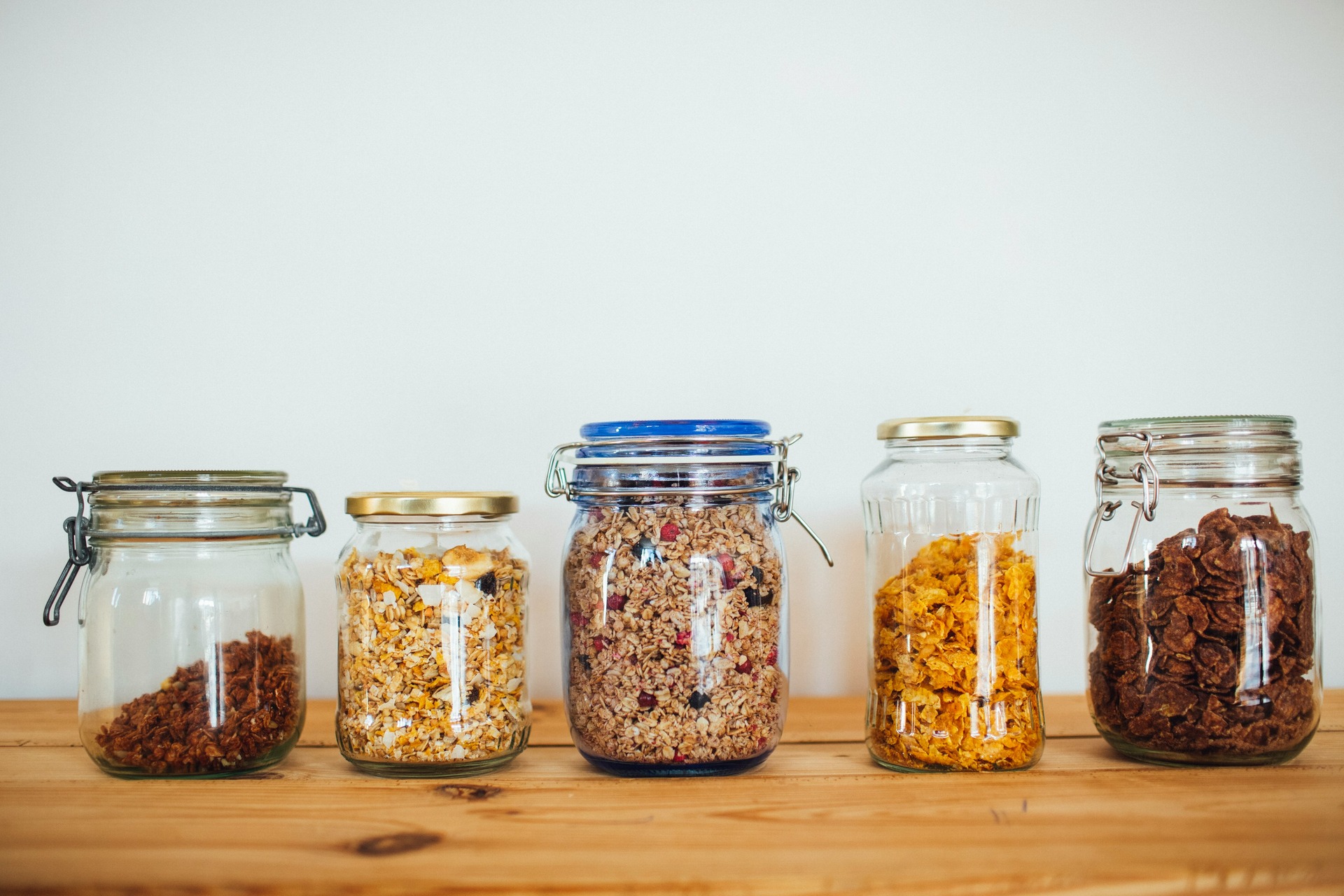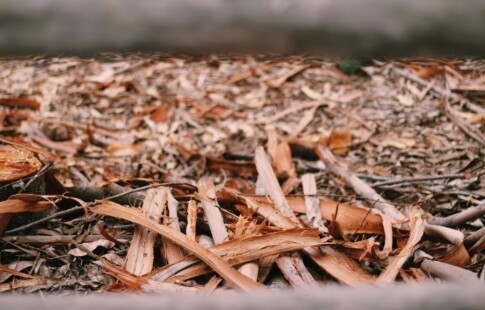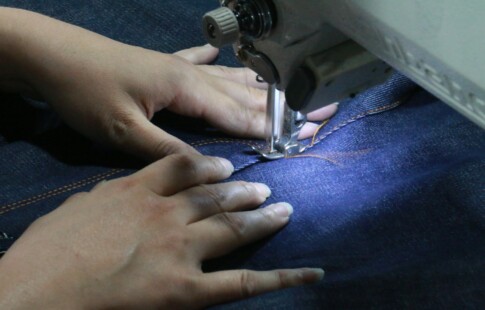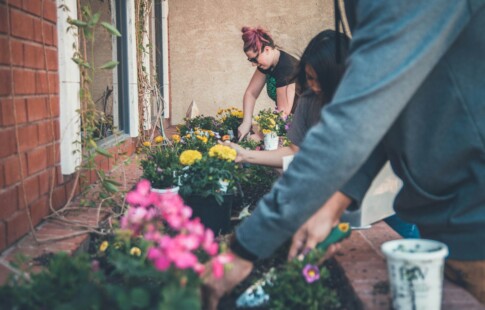
Affordable Plastic Alternatives You’ll Love
We are reader-supported. When you buy through links on our site, we may earn affiliate commission.
Plastic alternatives are no longer just a trend — they’re necessary as the environmental damage from plastic waste continues escalating. Billions of tons of plastic pollute the planet, clogging oceans, harming wildlife and breaking down into microplastics that now infiltrate food and water supplies.
The impact doesn’t stop there — plastic production drives significant carbon emissions, fueling climate change. Adopting affordable plastic alternatives offers a practical solution, reducing waste and environmental harm without breaking the bank. From reusable products to biodegradable options, these simple swaps empower individuals to make a big difference with minimal effort.
Why Choose Plastic Alternatives?
Plastic pollution has grown into a global crisis, fueled by the fact that more than half of all plastic produced is designed for single use. These items — straws, bags and packaging — are used briefly before being discarded, yet they linger in the environment for centuries.
This waste clogs landfills, pollutes oceans and harms wildlife, with devastating consequences for ecosystems. Beyond environmental damage, plastic also risks human health as chemicals leach into food, water and the air. The urgency to address this issue has never been greater.
Switching to plastic alternatives is a powerful way to combat this growing problem, and it doesn’t have to be expensive. From reusable bags and bamboo utensils to biodegradable packaging, eco-friendly options are increasingly affordable and accessible. These alternatives reduce waste and protect health by eliminating exposure to harmful chemicals.
Contrary to the common belief that sustainability comes at a premium, many plastic-free swaps save money in the long run. Choosing reusable products over disposables is an investment in a cleaner planet and a healthier future — proof that living sustainably can be practical and budget-friendly.
Kitchen Swaps That Save Money
Reusable silicone food storage bags can be an alternative to single-use plastic bags, offering a durable and versatile solution for storing snacks, leftovers and liquids. These bags are washable and long-lasting, eliminating the need for disposable options. Beeswax wraps are another standout swap, replacing plastic wrap with a natural, biodegradable option that keeps food fresh and easy to clean and reuse.
For utensils, affordable stainless steel or bamboo options are perfect for home and travel, cutting down on waste without sacrificing style or functionality. Budget-friendly glass containers round out the list, providing a safe, reusable way to store meals while reducing plastic dependency. These practical and cost-effective alternatives make building a more sustainable kitchen easy without sacrificing convenience.
Bathroom-Friendly Plastic Alternatives
Bamboo toothbrushes and biodegradable floss are simple swaps that make a big difference in reducing bathroom plastic waste. Bamboo is an exceptionally sustainable material — it requires less water than trees, grows quickly and regenerates after being harvested, making it an eco-friendly alternative to plastic. For personal care, bar soaps and shampoos offer cost-effective and plastic-free solutions, often lasting longer than their liquid counterparts.
Reusable makeup remover pads are another easy switch, replacing disposable wipes with washable, eco-friendly options that save money over time. Additionally, switching to refillable containers for toiletries like lotions and hand soap helps minimize single-use plastic waste while keeping your routine convenient and sustainable. These small changes combine affordability and sustainability for a cleaner bathroom and a healthier planet.
Eco-Friendly On-the-Go Essentials
Reusable water bottles and coffee cups are essential for reducing waste and emissions. Each single-use plastic cup contributes between 10 and 30 grams of CO2 emissions, making reusables a much more sustainable choice. Cloth tote bags are another option, offering an adorable and durable alternative to plastic shopping bags that often end up in landfills.
For meals on the go, compact stainless steel or bamboo cutlery sets are lightweight, travel-friendly and eliminate the need for disposable utensils. Reusable straws blend style and practicality, helping reduce plastic waste while elevating any beverage experience. These easy, affordable changes make sustainable living more accessible and rewarding.
Kid-Friendly and Affordable Plastic Alternatives
Silicone snack bags and containers are a must-have for eco-conscious school lunches, offering a reusable, easy-to-clean alternative to wasteful plastic bags. Wooden toys are another smart swap, especially considering that the toy industry is one of the most plastic-intensive in the world. Choosing wooden options can reduce waste while supporting sustainable playtime.
Plant-based crayons and art supplies are fantastic alternatives, combining creativity with eco-friendly materials. For families with little ones, affordable cloth diapers and reusable wipes are beneficial, cutting down on landfill waste and saving money over time. These thoughtful switches prove that small, sustainable choices have a big impact without compromising convenience or budget.
Affordable Alternatives for Cleaning and Storage
Glass spray bottles and DIY cleaning solutions are a smart, eco-friendly way to reduce plastic waste while keeping homes sparkling clean. They eliminate the need for disposable plastic bottles and let users customize their cleaners with natural ingredients. For scrubbing, biodegradable sponges and scrubbers provide an effective and sustainable alternative to traditional plastic versions that end up in landfills.
Reusable microfiber cloths are another standout choice, cutting down on paper towel waste while offering long-lasting cleaning power. Compostable trash bags take sustainability a step further by replacing conventional bags made from low-density polyethylene, which rely on non-renewable fossil fuels. These simple swaps make creating a cleaner home and healthier planet easy.
Tips to Adopt Plastic Alternatives on a Budget
Adopting plastic alternatives doesn’t have to strain your wallet. In fact, many sustainable swaps are cost-effective and can save you money over time. Here are practical tips to help you make the shift to plastic alternatives while staying on budget:
- Start small and prioritize: Focus on replacing the most frequently used plastic items in your home — like grocery bags or water bottles — before tackling larger changes.
- Shop secondhand: Thrift stores or online marketplaces often have affordable reusable containers, glass jars and eco-friendly products.
- Buy in bulk: Purchasing reusable or sustainable items in bulk — like cloth napkins or bamboo utensils — can lower costs over time.
- Reuse what you already have: Instead of buying new alternatives, repurpose glass jars, old clothes or other household items.
These tips make it easy to transition to a more sustainable lifestyle without breaking the bank, proving that eco-friendly living is accessible to everyone.
Building a Greener Future Through Simple Swaps
Small changes — like swapping plastic bags for reusable ones or using a refillable water bottle — can significantly reduce waste and protect the environment. Starting with simple, budget-friendly alternatives allows individuals to build sustainable habits over time, proving that even minor efforts can lead to meaningful, lasting benefits.
Share on
Like what you read? Join other Environment.co readers!
Get the latest updates on our planet by subscribing to the Environment.co newsletter!
About the author

Jane Marsh
Starting from an early age, Jane Marsh loved all animals and became a budding environmentalist. Now, Jane works as the Editor-in-Chief of Environment.co where she covers topics related to climate policy, renewable energy, the food industry, and more.





